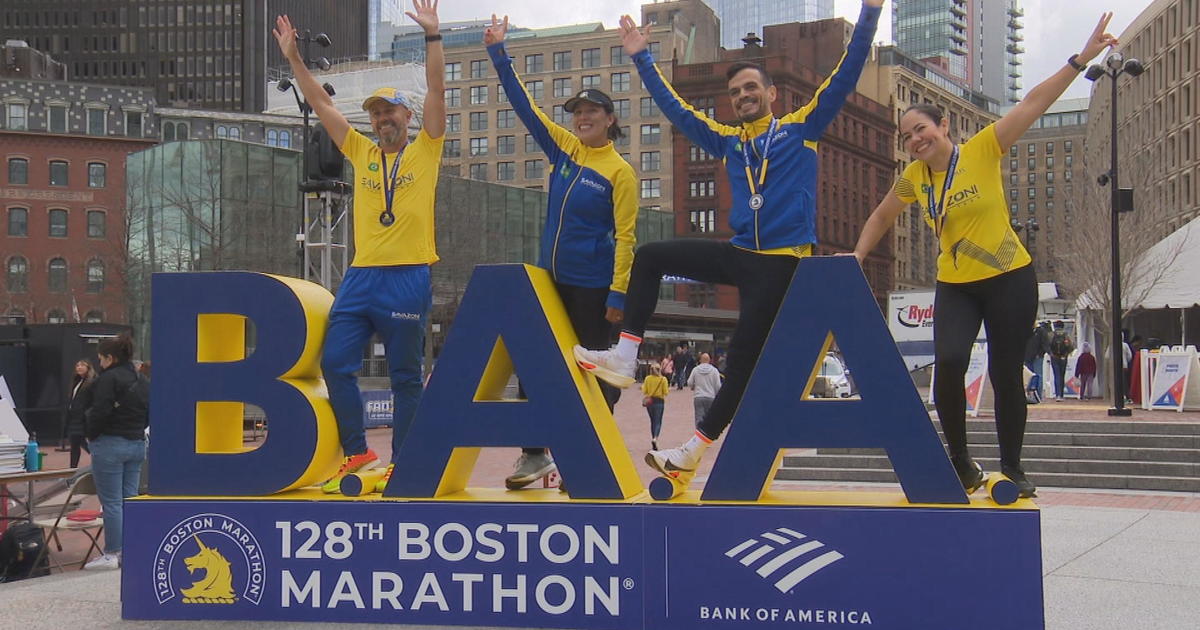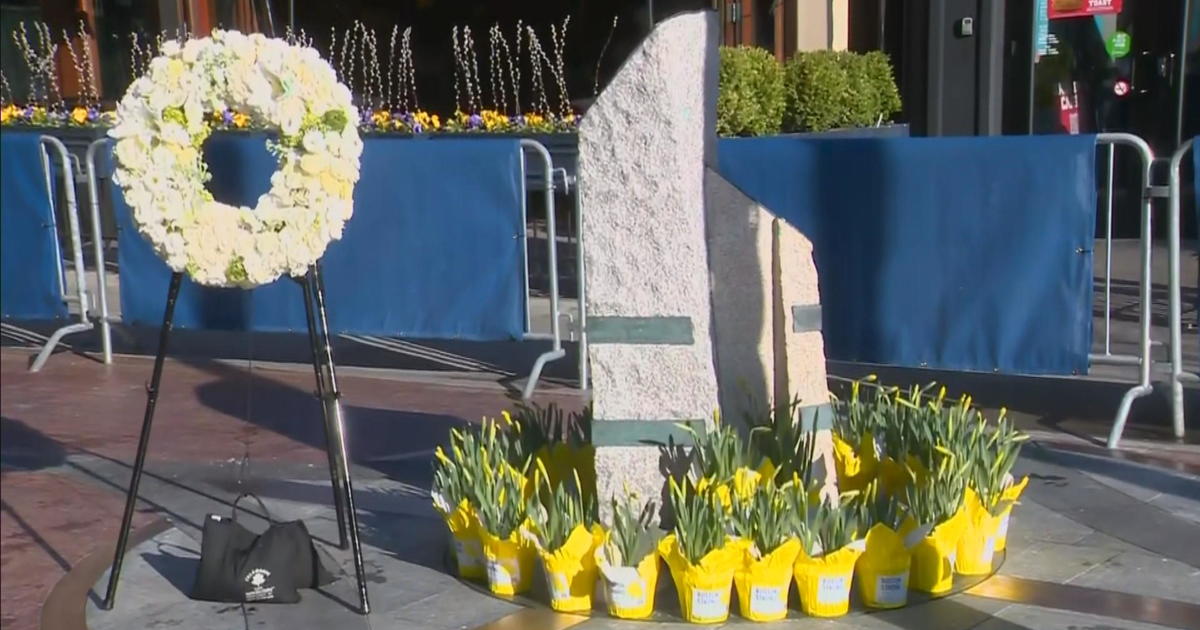Is the Boston accent disappearing?
BOSTON -- Today it feels like Boston has more cranes than colleges, more transplants than traffic jams. The city is changing, you can see it and hear it.
There appears to be a strange phenomenon occurring: people are pronouncing their Rs. Is the Boston accent endangered?
It's always been a Boston birthright to talk a little funny. We have the ability to dump our Rs like tea in the Boston Harbor.
Marjorie Feinstein-Whittaker studies language and coaches professionals who are trying to work on their accents. She has noticed a change in Boston.
"I think we are much more diverse and people are from all over the world living and working here. And I think it's just not as concentrated as it was at one time," said Feinstein-Whittaker.
Boston's population grew from 617,594 in 2010 to 675,647 in 2020. By 2030, Boston is predicted to grow at least another 50,000 to 724,000.
You don't have to be Will Hunting to do that math -- that's a lot of new accents.
Jay-Shawn grew up in Roxbury and loves Boston. He wants to celebrate that not everyone looks or sounds the same in the city.
"We have different races out here. Everybody is trying to come into the neighborhood. They love it. They love the food, they love the activities, brings a smile to kids' faces, it's great," he said.
In Southie, you can see the buildings and accents are changing quickly. You just have to stand outside an upscale coffee shop and ask how newcomers and old-timers take their coffee.
"Maybe cold brew with vanilla," says Charlotte from Connecticut.
"With cream and sugah," says Manny, a local. "Four sugahs."
Yes, our city is ever-evolving but the accent is Boston, and strong. It just might get "watuhed" down.
"I think it will always be here just because there's something that people feel really proud about and I don't think it will be gone but I don't think it's as prevalent or as strong as it used to be," said Feinstein-Whittaker.




